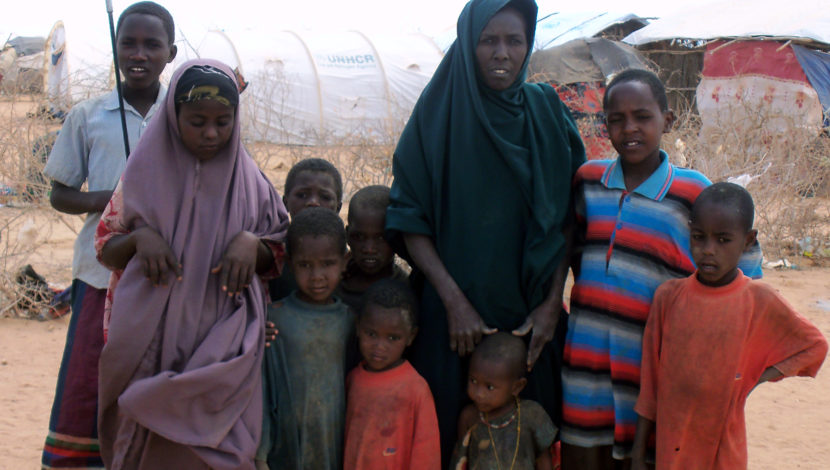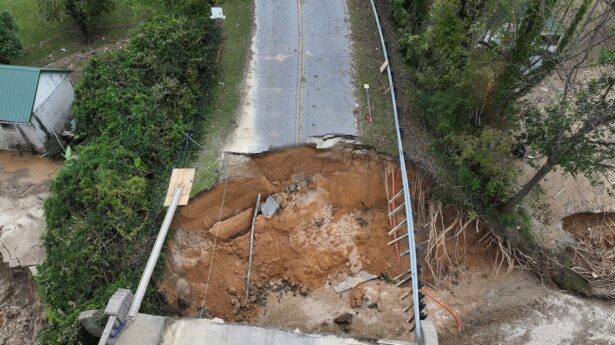The Unitarian Universalist Service Committee advances human rights through grassroots collaborations.
← News & Stories
Assisting Minority Survivors in Somalia and East Africa

March 15, 2013
In September 2011, the United Nations declared catastrophic famine in seven regions of southern Somalia. Although the situation has improved to some degree, according to the U.S. Agency for International Development (USAID) over 13.9 million people in Somalia, Djbouti, Kenya, Sudan, and Ethiopia are currently experiencing food insecurity.
There are three major disasters happening at different speeds in East Africa and Somalia that overlap, fuel each other, and drive this crisis:
- Food insecurity that is causing massive displacement in the region, with large concentrations of displaced people
- Changing weather patterns that have decimated pastoralists’ herds in many areas and challenged the sustainability of pastoral lives and livelihoods
- Armed conflict in Sudan and southern Somalia that is now spilling across the border to Kenya and into Puntland, which has caused huge security problems in the refugee camps
Who UUSC supports
- Ethnic Somalis living in Kenya who have been displaced without crossing borders and are excluded from aid channeled through refugee camps
- Somali girls from minority clans who have been displaced to Puntland
What UUSC does together with grassroots partners
Current projects
- Developing a community-based trauma response program for women and girls who have suffered gender-based violence in camps for displaced people
Completed projects
- Mobilized five communities of Somali Kenyan displaced people around the Dadaab refugee camp to build and staff five child-development centers, which offer education and food to 2,000 displaced children
- Provided emergency assistance to pastoralist boarding schools, which bring Kenyan Somali children off the streets and protect them from abuse, trafficking, and militia recruitment
- Supported the construction of three boreholes, which provide water to 9,000 displaced people outside the Dadaab refugee camp, and the training of water committees — which for the first time include women — to run them
- Provided board, lodging, and education for 100 displaced girls from minority clans who fled the famine in Somalia for Puntland
